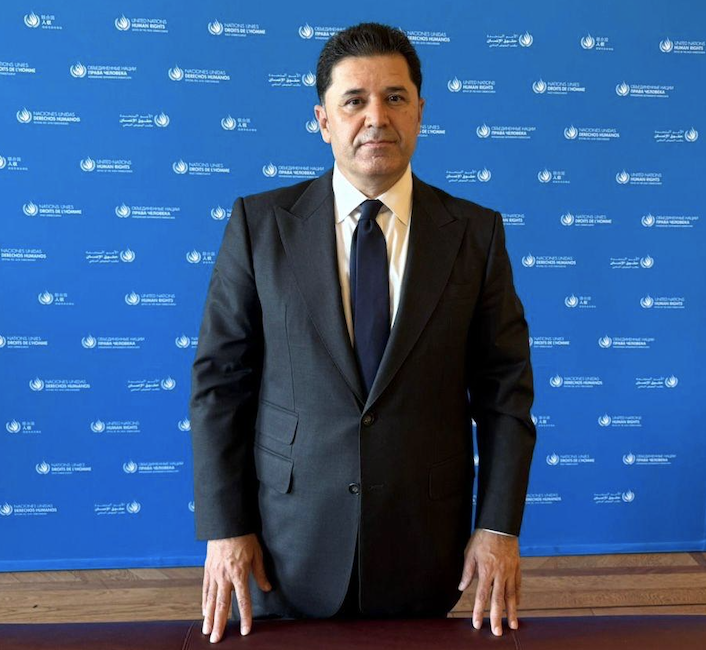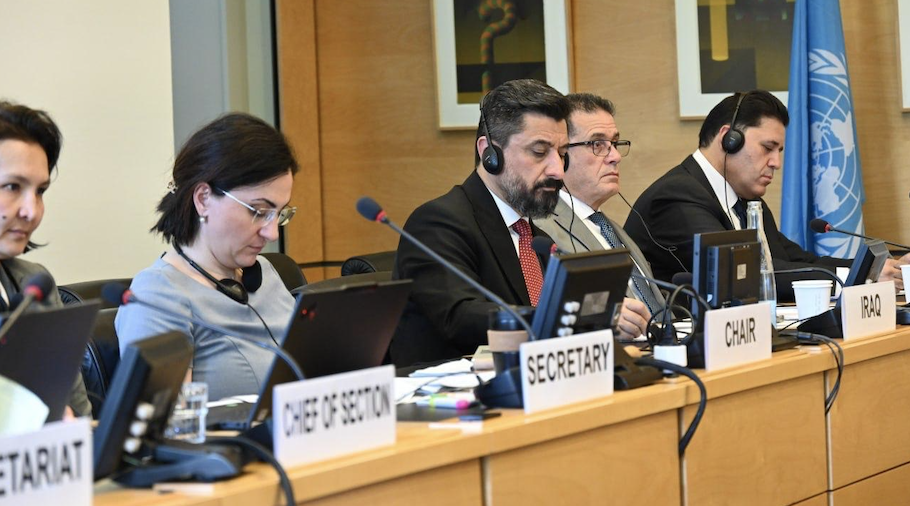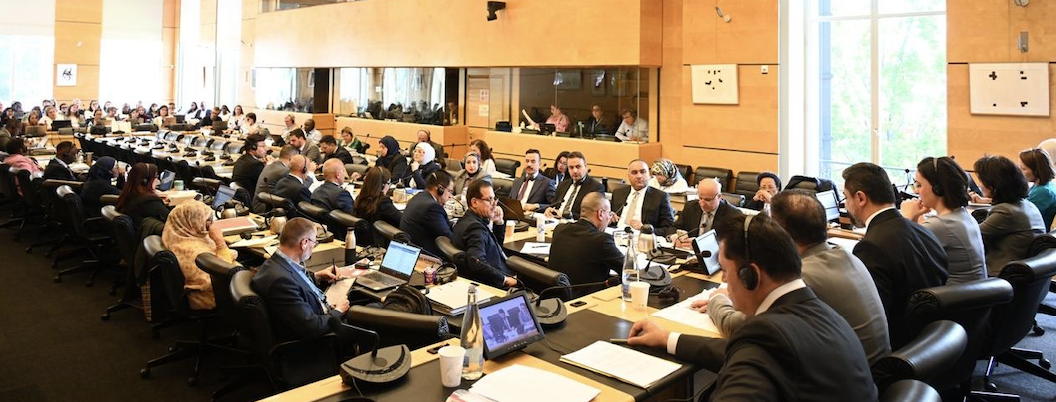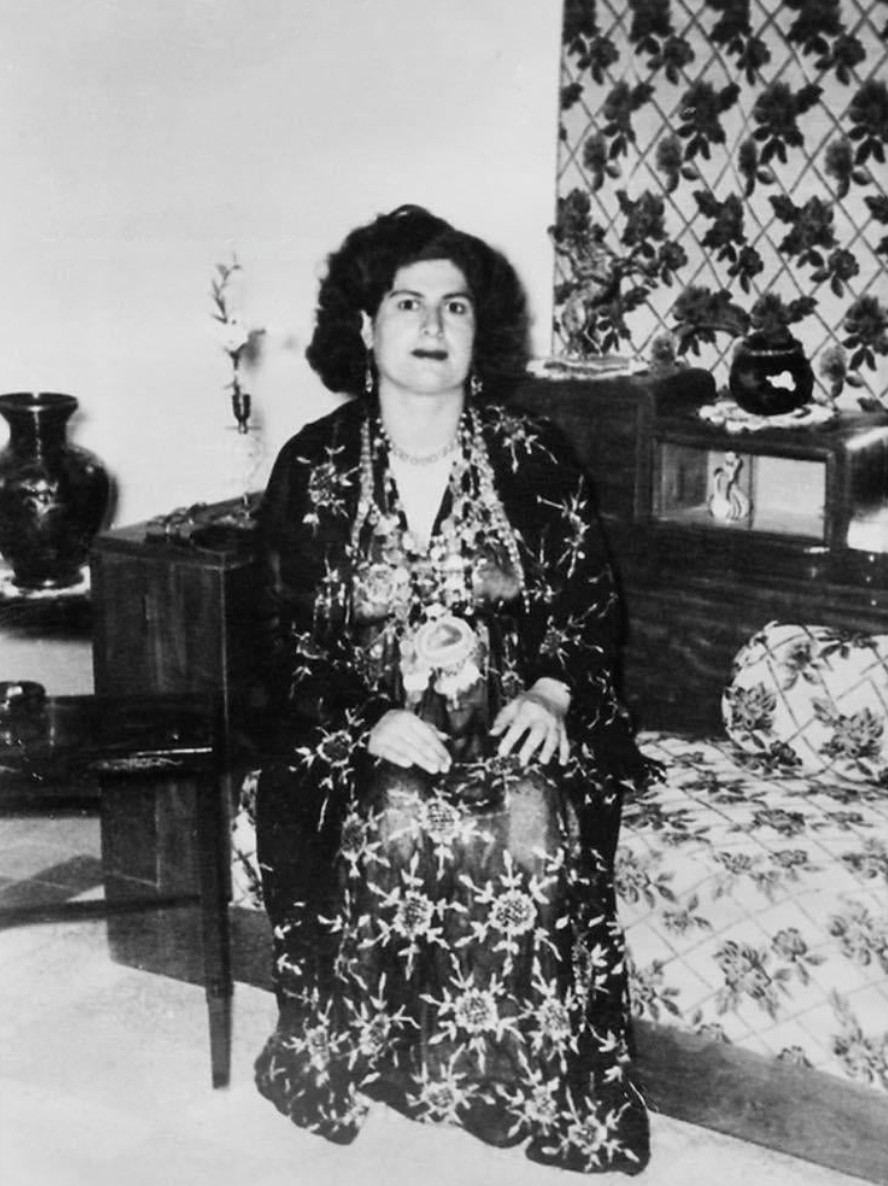At the UN Headquarters in Geneva, the Kurdistan Regional Government (KRG), represented by its Coordinator for International Advocacy Dindar Zebari, reaffirmed its enduring commitment to the advancement of child rights and inclusive social development. Within the framework of Iraq’s fifth and sixth periodic reports under the Convention on the Rights of the Child, the KRG presented a comprehensive account of its strategic policies, institutional mechanisms, and cross-sectoral reforms designed to uphold the fundamental rights of children and persons with disabilities.
Institutional reforms and strategic policy frameworks
In alignment with international human rights instruments, the KRG has implemented a Regional Action Plan for Human Rights (2021-2025) that complements Iraq’s Human Rights National Action Plan. Developed in close consultation with the legislative and judicial branches, and in cooperation with UN agencies and civil society actors, this framework encompasses 11 child-specific recommendations, more than 81% of which have been successfully implemented.
Among the most consequential measures is the adoption of the Child Protection Policy, endorsed by the Council of Ministers in 2023. This policy lays the groundwork for a multi-tiered implementation structure, including the establishment of a Supreme Council for Child Protection and a dedicated budgetary oversight committee, ensuring that safeguarding measures are both resourced and accountable.

Post-conflict recovery and support to victims
In Geneva, the Kurdistan Region emphasized its robust post-conflict response to the atrocities committed by ISIS, particularly those targeting children. The KRG has facilitated the rescue and rehabilitation of 3,585 abducted children, including 1,074 girls and 961 boys. A parallel initiative enabled the transfer of over 1,000 survivors to Germany for specialized psychosocial care, while a monthly financial assistance program now benefits 3,575 individuals.
Crucially, the KRG has documented over 408,000 pages of detailed testimony and evidence across 24,000 legal files concerning ISIS-related crimes, underscoring its dedication to survivor-centered transitional justice.
Promoting inclusive and equitable education
With a public education infrastructure comprising over 7,300 schools and an enrollment exceeding 1.75 million students, the Kurdistan Region has prioritized access to quality education. Initiatives such as the “Return to Education” campaign have reintegrated more than 33,000 children who were previously out of school. The region continues to uphold gender parity in education, with enrollment figures for girls nearly equal to those of boys.
Further, the KRG has instituted inclusive education policies that support over 10,000 children with disabilities in public schools, alongside 704 students attending specialized institutions. Remarkably, 70% of higher education placements reserved for persons with disabilities have been fulfilled, reinforcing the government’slong-term vision of equal opportunity and empowerment.

Juvenile justice and legal safeguards
A significant legislative development includes the 2022 amendment to the Juvenile Welfare Law, which raised the age of criminal responsibility from nine to 11 years. Consistent with international legal standards, children affiliated with armed groups are treated as victims rather than offenders. To enhance juvenile justice, child development assessment units have been established within courts, staffed by trained psychological and social experts to ensure rehabilitative rather than punitive outcomes.
Combating abuse, trafficking, and early marriage
Efforts to combat early and forced marriage have resulted in the adjudication of 313 legal cases, predominantly from displacement camps. Multidisciplinary field teams were deployed to investigate violations and ensure legal redress. The region’s campaign against human trafficking yielded the inspection of 223 companies, referral of 15 for prosecution, and arrest of 79 individuals. These combined measures reflect the government’s zero-tolerance approach to exploitation and abuse.
Healthcare expansion and specialized services
The KRG Ministry of Health has scaled up maternal and child healthcare services through a network of 13 public hospitals, 28 specialized health centers, and 167 community-based units. Key programs include early breast cancer detection, reproductive health services, and support for women survivors of violence.
For children with special needs, the KRG has expanded access to free surgical and dental care, particularly for those with autism and cerebral palsy. Assistive devices continue to be distributed through four orthopedic centers, and a smart identification card initiative and a digital data management system have been introduced to enhance service coordination and accountability.

Social protection and economic empowerment
To address socio-economic vulnerabilities, the Ministry of Labor and Social Affairs provides monthly financial assistance – 150,000 Iraqi dinars for non-salaried individuals with disabilities and 100,000 Iraqi dinars for those on payroll. Additionally, the establishment of a benefit fund for individuals with special needs and persons of short stature aims to institutionalize economic inclusion and long-term wellbeing.
Environmental protection and intergenerational equity
Environmental governance has also seen progress, with the issuance of 26 regulatory directives aimed at strengthening compliance with environmental legislation. Notably, the region has integrated child-centered perspectives into its environmental and climate change strategies, recognizing the critical intersection between human rights and ecological sustainability.
Humanitarian assistance and refugee response
Currently hosting over 865,000 displaced persons and refugees, the Kurdistan Region assumes responsibility for nearly 80% of their essential needs, including shelter, healthcare, education, and employment opportunities. This comprehensive response underscores its principled humanitarian approach and commitment to upholding dignity amid displacement.
The KRG’s participation at the UN Headquarters in Geneva demonstrates a sustained and evidence-based engagement with international human rights mechanisms. Through deliberate reforms, institutional capacity-building, and strategic international cooperation, the KRG continues to advance an inclusive governance model that safeguards the rights of children and vulnerable populations.
These efforts not only reflect a regional commitment to human dignity but also serve as a testament to the transformative potential of accountable and rights-based public policy.

